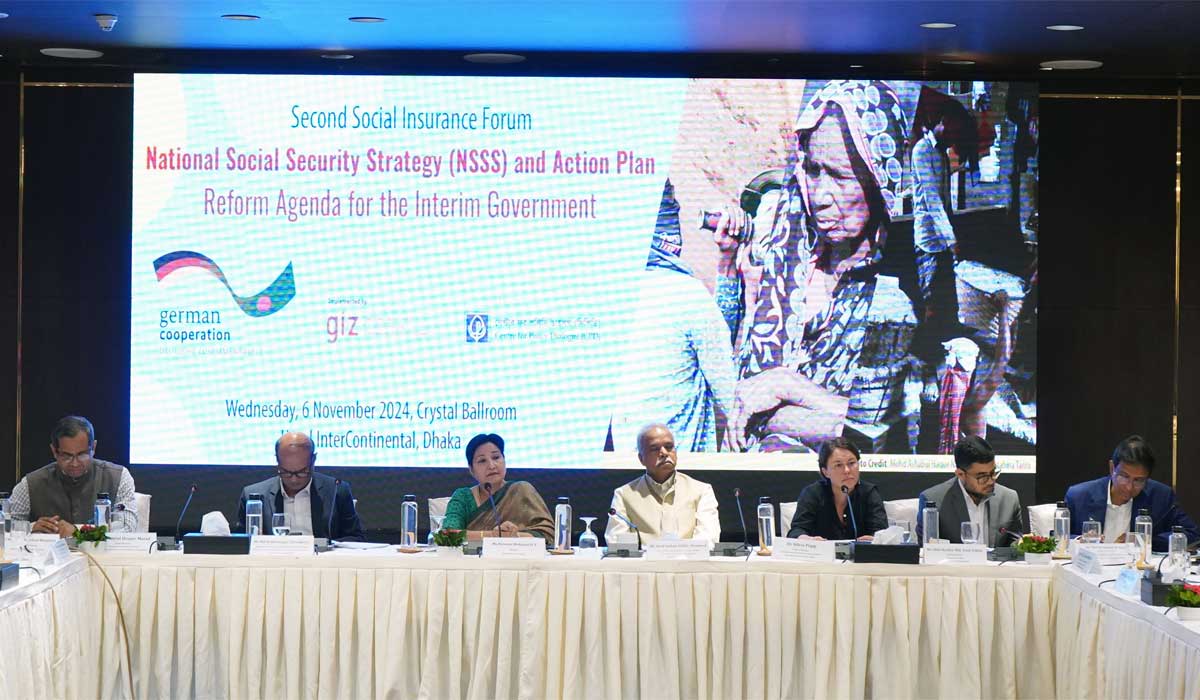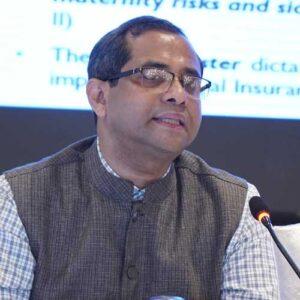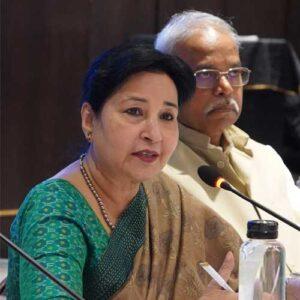
On 6 November 2024, the Centre for Policy Dialogue (CPD) and Deutsche Gesellschaft für Internationale Zusammenarbeit (GIZ) GmbH held the Second Social Insurance Forum (SIF) in Dhaka to advance the implementation of the National Social Insurance Scheme (NSIS) in Bangladesh. This forum, established in January 2024, provided a collaborative platform to address the pressing challenges and strategic priorities for social insurance in Bangladesh. Dr Khondaker Golam Moazzem, Research Director at CPD, presented key findings and recommendations, highlighting both progress and gaps in the current framework.
The forum underscored Bangladesh’s commitment to a lifecycle-based social security system that includes financial support for risks such as illness, disability, unemployment, old age, and maternity. It outlined significant conceptual, legal, and institutional challenges.
Despite progress, gaps in defining ‘social insurance’ persist among government bodies, which has impacted the consistency of implementation efforts. Additionally, a lack of specific legislation limits the full development of NSIS, preventing a cohesive system similar to those in countries with established social insurance frameworks. Legal provisions and a centralised body are essential to drive this forward.

Dr Moazzem highlighted that the interim government should address institutional shortcomings, particularly the lack of a dedicated NSIS body. Coordination challenges have led to fragmented efforts across ministries, with limited institutional memory due to frequent changes in leadership and insufficient documentation.
The forum recommended both short-term and long-term strategies. Short-term priorities include appointing a focal person from the Finance Division with strong links to the Universal Pension Scheme (UPS) to enhance cohesion and share insights across ministries. Avoiding redundancy is also essential; the state-run Jiban Bima Corporation’s overlapping role with the UPS highlights the need for an integrated approach to ensure efficiency.
To improve continuity, the forum proposed creating a ‘focal person login system’ on the Social Security Policy Support (SSPS) Programme webpage, enabling proper documentation of meeting decisions and avoiding loss of knowledge.
Ms Jebunnessa, Programme Associate, CPD, recommended to build a comprehensive Management Information System (MIS) that can consolidate data from various safety net programmes to support individuals below the poverty line effectively.
Looking forward, Dr Moazzem recommended the development of an Action Plan Phase III to align with Bangladesh’s evolving socio-economic context. Key suggestions include transferring NSIS oversight from the Finance Division to the Cabinet to streamline decision-making and considering the exclusion or redefinition of some ministries’ roles to reduce redundancy within the Social Insurance Cluster.
To enhance inclusivity, the forum urged the establishment of a disability insurance scheme under NSIS, covering physical and mental disabilities. Additionally, creating a dedicated NSIS authority akin to the National Pension Authority would provide focused leadership and continuity in social insurance reforms.
The expansion of the Employment Injury Scheme (EIS) to include informal sector workers and family health provisions is seen as a vital long-term strategy. The forum also encouraged private sector collaboration to improve service delivery, with details to be refined in Action Plan III.

Ms Parveen Mahmud FCA, Member, CPD Board of Trustees, chaired the session and highlighted, ‘For an effective NSIS, Bangladesh needs an implementing body capable of coordinating various stakeholders involved in social insurance. This includes service providers, monitoring agencies, fund managers, payment agents, banks, hospitals, and business owners’.
She added that the structure of this body would have to facilitate public-private cooperation to address specific operational requirements for diverse types of social insurance, such as maternity and unemployment insurance, each of which requires distinct systems for management and delivery
The Second Social Insurance Forum gathered a diverse group of key stakeholders, including senior government officials, researchers, labour rights advocates, and international advisors, to discuss the implementation of Bangladesh’s National Social Insurance Scheme (NSIS) and propose reforms for the interim government.
Participants discussed the importance of defining whether pensions should be considered part of social insurance. There are distinct perspectives on insurance and pensions, as these serve different functions: insurance mitigates risk and liability, while pensions offer long-term financial security and protection for retirees. Within the scope of social insurance, parametric reforms in insurance schemes are occasionally implemented; however, a more systematic and coordinated approach is still needed.
Additionally, participants noted that accident and injury insurance are essential forms of protection, and it would be feasible to integrate them within the pension framework, thereby strengthening the overall social security system. However, they advised that health insurance should remain separate from pensions, as its objectives and administration are more closely aligned with health policy initiatives and should, therefore, fall under the jurisdiction of health ministry programmes.



